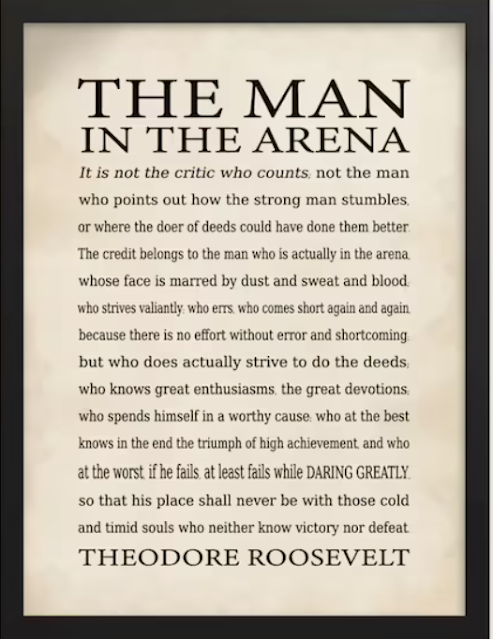Building others trust in ourselves

Examining our own trust behaviours. In the previous post titled Trust and the Marble Jar , we examined how others BRAVING behaviour leads us to build or lose trust in them. Here we use the same BRAVING elements devised by Brené Brown , to examine how our behaviours impact other people's trust us. The elements are essentially the same, but from our point of view in taking responsibility for the outcome of our actions. Boundaries Trust is maintained or built when you respect other peoples boundaries . When the boundaries are unclear, you ask them what is okay and what is not ok. Reliability Trust is maintained and built when you do what you say you will do . You don't over promise. Accountability If you do break a promise, then trust can be maintained or built if you own your mistake , you apologize to them, and you make amends by repairing the damage . Vault Trust is maintained or built when you don't share information that isn't yours

